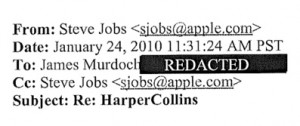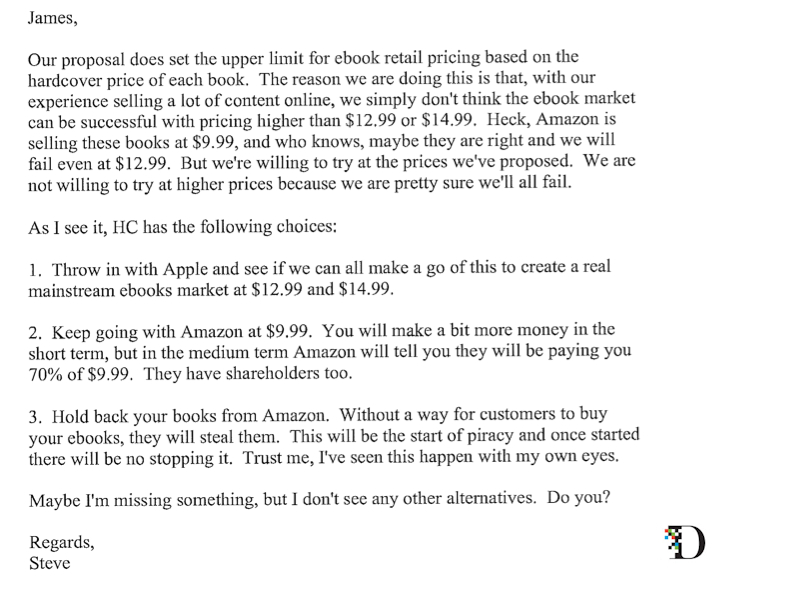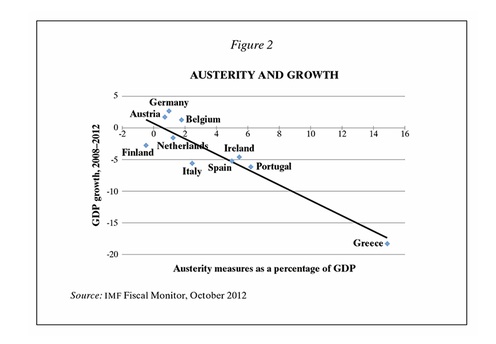This morning’s Observer column.
For a long time, the world looked upon quantum physicists with a kind of bemused affection. Sure, they might be wacky, but boy, were they smart! And western governments stumped up large quantities of dosh to enable them to build the experimental kit they needed for their investigations. A huge underground doughnut was excavated in the suburbs of Geneva, for example, and filled with unconscionable amounts of heavy machinery in the hope that it would enable the quark-hunters to find the Higgs boson, or at any rate its shadowy tracks.
All of this was in furtherance of the purest of pure science – curiosity-driven research. The idea that this stuff might have any practical application seemed, well, preposterous to most of us. But here and there, there were people who thought otherwise (among them, as it happens, Richard Feynman). In particular, these visionaries wondered about the potential of harnessing the strange properties of subatomic particles for computational purposes. After all, if a particle can be in two different states at the same time (in contrast to a humdrum digital bit, which can only be a one or a zero), then maybe we could use that for speeded-up computing. And so on.
LATER: Gary Marcus has a nice sceptical piece about quantum computing in the New Yorker.





